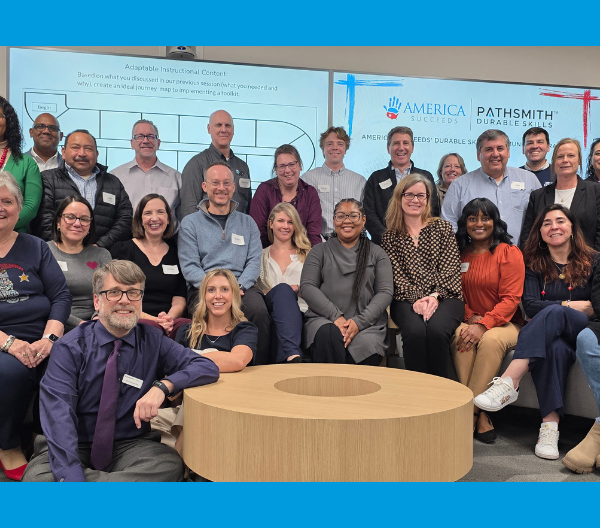STEM jobs (science, technology, engineering, and math) are woven into every industry within every facet of the economy and employers are increasingly demanding employees who possess STEM competencies. The level of demand, however, does not match the talent available. A recent paper examining equity in computer science education provides great insight into why the supply of talent is not meeting demand.
Reporting for computer science education is not sufficiently documented at the elementary and secondary levels and reporting for equitable access for students of different races and gender identities within the subject is even more limited. Importantly, the researchers detail how too often data focuses on advanced-level computer science courses, and issues like within-school gaps in computer science class participation and access to high-quality teachers are overlooked.
There needs to be a concerted effort amongst education advocates and policymakers to address the gaps in course access, uneven participation rates, and matters of teacher quality that are sure to expand if they are not addressed.”
For instance, over the past decade, access to computer science courses has risen significantly, though not equitably. And within schools, enrollment in computer science courses varies greatly based on the profile of the student. These factors combine to create persistent gaps in student participation by gender and race.
The authors also examine access to credentialed computer science teachers and the frequency with which students are taught by teachers who match their gender and/or racial identity. Not surprisingly, women and teachers of color are largely underrepresented. This finding could be especially impactful given what we know about the benefits of student-teacher demographic matches.
The report’s conclusion points to the sharp inequities that exist in computer science education, especially when accounting for students outside of the AP track. Additionally, there needs to be a concerted effort amongst education advocates and policymakers to address the gaps in course access, uneven participation rates, and matters of teacher quality that are sure to expand if they are not addressed.
At America Succeeds, we believe that equity in course access and STEM education are foundational pillars to ensuring that every student has the opportunity to reach their full potential and graduate high school with the skills necessary to succeed in college and/or career. We continue to advocate for policies and practices that promote and expand equity in all facets of the education system.
We encourage everyone to read the full paper to ponder a new angle to the computer science and equity conversation that you might not have considered before!




